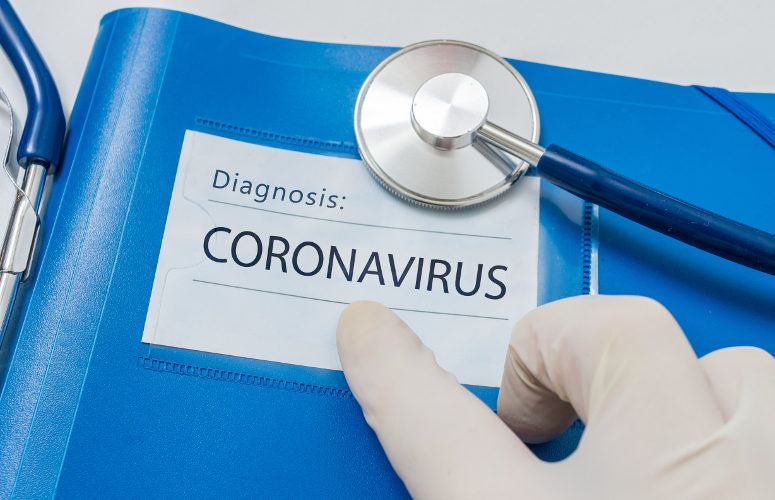
Leadership Academy Joins Three Organizations for Common Goal
Cohort focuses on improving health outcomes.
On Mar 29, 2017Following a longtime discussion on how to improve the healthcare landscape in New Jersey, the trade organizations of three healthcare sectors have joined together to improve leadership and care in the state.
The first cohort of the Healthcare Executive Leadership Academy (NJHELA) started its work in February. Up-and-coming leaders from hospitals, insurance companies and physicians are participating in the six-month program that focuses on leadership and forging better relationships. The curriculum revolves around a key policy issue confronting the state – improving end-of-life care.
The Academy is the fruit of a partnership between the New Jersey Hospital Association (NJHA), the Medical Society of New Jersey (MSNJ) and the New Jersey Association of Health Plans. The effort was fostered initially by the Rippel Foundation, and the Academy itself is funded by a grant from the Physicians Foundation and the Institute of Medicine & Public Health of New Jersey.
“We will bring together key leaders in each sector to improve their individual skills and to focus on solving important healthcare issues,” says Betsy Ryan, president and CEO of NJHA. “We hope this program builds lasting relationships among the participants.”
The most stubborn problems in healthcare delivery in New Jersey cannot be solved by any one sector working in isolation. Several years ago, The Dartmouth Atlas of Healthcare published a report identifying New Jersey as an outlier in the amount of care and cost of care provided at the end of life, sometimes providing twice as much care in certain measures than is provided in other states. This aggressive care provision does not correspond with additional medical benefits for these patients. This is why the 25 emerging leaders from hospitals, physician practices and insurance plans in the cohort are focusing on improving end-of-life care in the state.
“To improve health outcomes, physicians, payers and hospitals must work more closely together,” says Larry Downs, CEO of the Medical Society of New Jersey. “This program will provide participants with an opportunity to understand the unique perspective each brings to solving healthcare issues.”
Guiding the NJHELA participants are faculty from Seton Hall’s School of Health and Medical Sciences and guest faculty from around the state and the nation. The first cohort will finish the program in June.
“We are honored that the School of Health and Medical Sciences has been selected for this cutting-edge program,” says Brian B. Shulman, PhD, dean of the school. “By partnering academic leadership with health system payer and provider executives and clinicians, we have the best opportunity to find new solutions for our most pressing health system issues.”
“We were pleased to be one of the founding members of this collaborative program,” says Ward Sanders, Esq., president of the New Jersey Association of Health Plans. “There are times when our organizations have differing points of view. This format will allow us to work together toward common goals.”
Related Articles:






